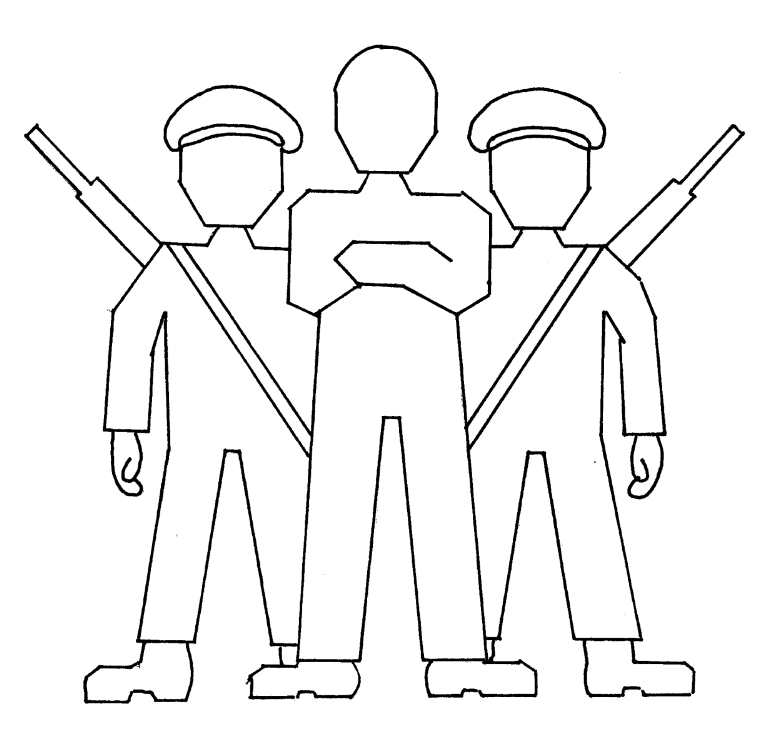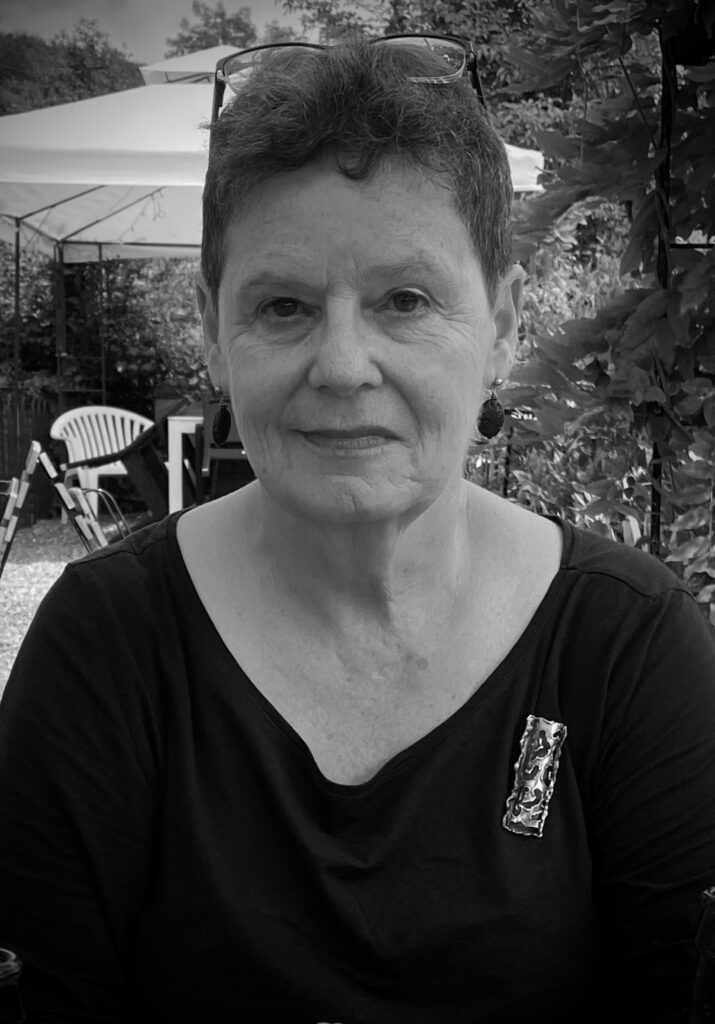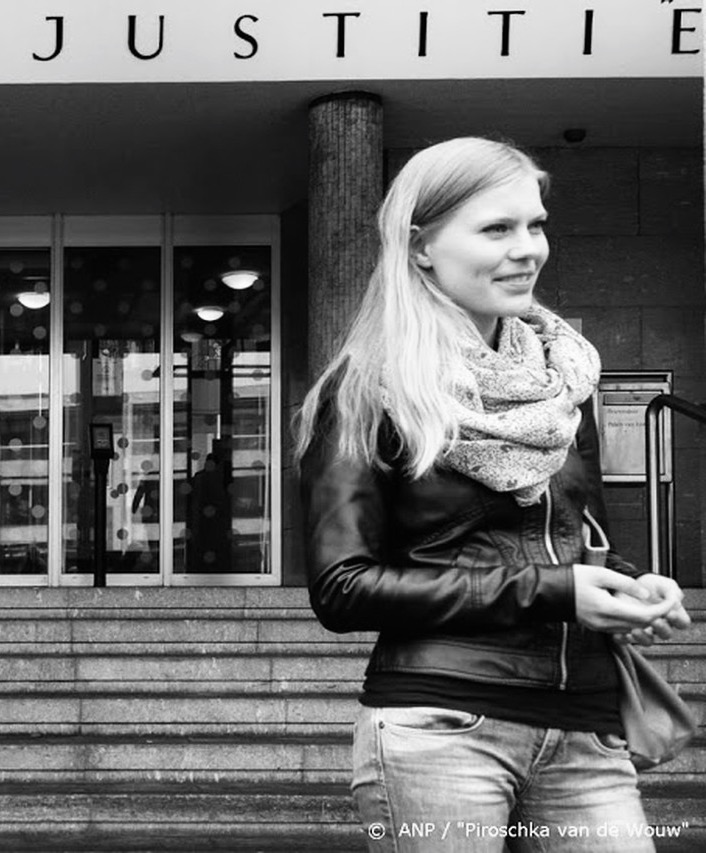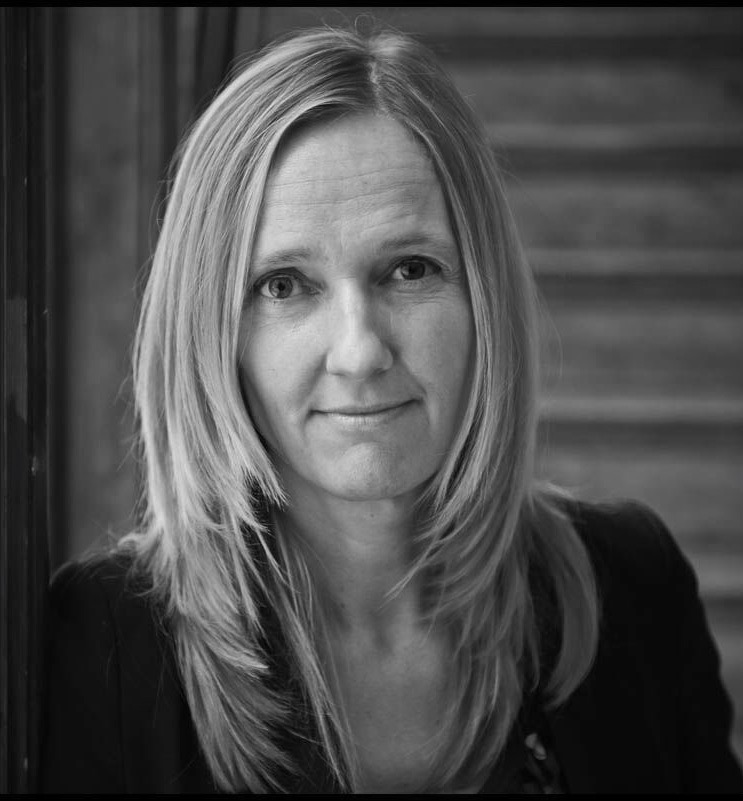On the night of the 7th to the 8th March 1985, an amateur music band is rehearsing until late in the evening in an office building in Rijswijk, when two heavily armed men enter. Three of the band members are shot dead and two are seriously injured. Soon there is a suspicion that the band members have been victims of a mistake and not the intended target of the attack. The Council for the Liberation of Suriname and the Weekkrant Suriname were also located in the same building. Both prominent organizations in the resistance against dictator Desi Bouterse. The attack, known as Rijswijk murders, has never been solved and is still surrounded by mystery.
The band
The music band consisted of a group of friends, who liked to make music together. Not all members of the band were present on the evening in question. Only Cisco (vocals) Ab (bass guitar) Jelle (guitar) and Willem (piano) were practicing. The band had no name yet and they rehearsed once a week in the office building in Rijswijk, often till late in the evening. On that evening when they were finished and were cleaning up and vacuuming for a while, two men with automatic weapons entered the stairwell and ordered the band members to lie down on the ground. Just after that, Fred came in. Fred didn’t belong to the band but had stored a musical instrument in the rehearsal room, which he came to take a look at. Fred also had to lie on the ground. He wouldn’t survive the evening. Together with Ab and Willem, he would be executed in a cold-blooded way, the police said. Cisco and Jelle were badly injured. Their lives would never be the same again.
The run up in Suriname
The attack in Rijswijk has a long history. Suriname was a colony of the Netherlands for centuries and was declared independent in 1975. In 1980, under the leadership of Sergeant Desi Bouterse, the so-called sergeant coup was committed, with the military taking power from the democratically elected government. It has never been fully clarified what role the Netherlands has played in this. The Dutch government initially took a wait-and-see attitude. That changed after fifteen opponents of the military regime were arrested, tortured and murdered in Suriname on December 8, 1982. Forty-one years later, Desi Bouterse has been convicted by the Suriname court for his share in these so-called December 8 murders. The Dutch government reacted in shock at the time. She suspended the promised development aid and broke the legal aid treaty between the Netherlands and Suriname, but did not take any further legal action. This despite the fact that one of the murderd people (Frank Wijngaarden) had the Dutch nationality. Remarkably, the Netherlands did not break diplomatic relations with Suriname.
Liberation Council in the Netherlands
After the December 8 murders, many opponents of the Bouterse regime fled to the Netherlands. There, the Liberation Council for Suriname was established, which set itself the goal of expelling the military regime. In the Netherlands, a fierce controversy arose between supporters and opponents of Bouterse, in which violence was used. Paul Somohardjo – a well-known politician in Suriname – belonged to the Liberation Council. An attack was committed on his brother that was never solved, but which the police are convinced was intended for Paul Somohardjo himself. At that time, several attacks were committed in the Netherlands on opponents of Bouterse, none of which were solved.
Run-up to the Rijswijk murders
On December 3, 1984, there was a television- broadcast by Karel van de Graaf. Van de Graaf received Paul Somohardjo. During the broadcast, Somohardjo was attacked by a supporter of Bouterse: Evert Tjon. A gun was fired. * The Internal Security Service (BVD) concluded in response to that incident that ‘hard-handed confrontations were to be expected soon, which could mean a threat to Dutch public order and security’ (from the podcast Het geheim van Rijswijk episode 3) According to the survivors of the attack in Rijswijk, the BVD often visited the Liberation Council of Suriname and therefore the building where the band rehearsed. Not long before the attack, the members of the band were not allowed to go into the building for some time and were stopped by security guards. One of the victims of the attack in Rijswijk reported much earlier that he had seen armed men near the rehearsal room.
*)In 2000 Evert Tjon wrote a book ‘The revelations of Evert Tjon’. In it he claims that the assassination in Rijswijk in 1985 was commissioned by Desi Bouterse. The target of the attack was the Liberation Council for Suriname. The attack would be intended as revenge for the shooting and fight of a year earlier in Van der Graaf’s program in which Tjon was present. The attack in Rijswijk in 1985, according to Tjon, was carried out by a murder command from Paramaribo. Evert Tjon had turned away from Bouterse when he wrote his book. Tjon has now passed away (2021).
The Rijswijk Murders
The band members started rehearsing on the evening of March 7, as they always did. In the meantime, there were clear indications, at least ? at ?the BVD, that something was going to happen and that the members of the Liberation Council were in great danger. The boys were not sufficiently aware of the danger and certainly did not think it involved their own person. Would no one have come up with the idea of securing the office building, while such a threat was still in the air?
The police investigation
The morning after the attack, Friday, March 8, 1985, the Rijswijk police responded affected. On their visit to the affected families of the victims, they clearly communicated that they assumed that this was a mistake. The attack would be intended for members of the Suriname Liberation Council. The conclusion of the next of kin was immediately that this was a political attack. Recently, we have viewed secret police files. This shows that from day 2 after the attack, it was no longer allowed to talk about ‘political’ murders.
In the first months after the murders, the police conducted extensive investigations in the Surinamese community. And they heard (anonymous) witnesses. From this, a picture emerges that unambiguously points to the involvement of army commander Bouterse. That the Surinamese embassy in The Hague played an important role in the preparations for the attack and the arms deliveries is apparent from police investigations.
The investigation grinds to a halt
After two and a half months, the investigation police team was scaled down. ‘The police had more sensible work to do’, could be read in the newspaper Parool of 23-05-1985. The survivors and the next of kin were told that the investigation got stuck. It is remarkable that the file has never been closed. The big question is why the file was not closed and who decided on it.
Arrests
Three arrests were made during the police investigation, but the arrested men turned out to have nothing to do with the attack and were released again. In September 1985, when the police investigation had been slowed down for several months, a fourth suspect, Henk Amstelveen, was arrested. Strong suspicions had arisen against him for complicity in the Rijswijk murders. After 10 weeks he was released, but he remained a suspect. Immediately after his release, Henk Amstelveen left for Suriname. In 2021, Anna Korterink interviewed him there for the podcast Het geheim van Rijswijk (episode 9). Amstelveen very clearly indicates that he has the strong impression that ‘the Netherlands knew what it did not start (futher investigation into him and the Rijswijk murders) because it was political”
The murders and the link to cocaine

In order to maintain the military dictatorship in Suriname without the promised development aid from the Netherlands, the army leadership sought other sources of income: Cocaine smuggling. In the Netherlands, the cocaine supply from Suriname has been rising rapidly since the early eighties. Bouterse had been in the sights of the investigative services since the early 80s, but due to political sensitivities in The Hague, the case was not taken up. This has certainly also played a role in the determination of the investigation into the Rijswijk murders.
In 1989, an investigation into Bouterse’s drug connection is finally started, in which he was suspected of the leadership of the so-called. Suri cartel. It takes until 1994 for a preliminary judicial investigation into Bouterse to start. The former army leader will then become the focus of the so-called CoPa- team (Colombia- Paramaribo), led by Public Prosecutor Charles van der Voort. As part of the CoPa investigation, the case of the Rijswijk murders is also reopened in 1994.
Opposition to the investigation into Bouterse
However, to Van der Voort’s surprise, the investigation is opposed by a number of top officials of the ministeries of Justice, Foreign Affairs, General Affairs and the ministry of the Interior (BVD), who are collectively known as ‘The Group’. According to Van der Voort, this club more or less on its own authority watches over relations with Suriname and keeps Desi Bouterse out of scope. Minister of Justice Winnie Sorgdrager is also doing a lot to delay the case and transfer important officials from the CoPa investigation team. This opposition culminated in Minister Hans van Mierlo’s refusal in July 1997 to give permission for the arrest of Bouterse in Brazil. Which were the real motives Van Mierlo had has never become clear.
Resumption of legal aid treaty with Suriname
After the restoration of the legal aid treaty with Suriname (October 2, 1995), the Dutch State has not undertaken anything at all in the investigation into the Rijswijk murders. Not even when this case was reopened in 1994, in the context of the COPA case against Bouterse.
Relatives and the podcast
Sietske

From 1985, Sietske made several attempts to find out the truth about the murder of her brother. What was strange to her from the beginning was that it was clear to her and initially also to the police that the murders were intended for the members of the Liberation Council for Suriname, and therefore had a political motive. However, the police and also the Public Prosecution Service officially began to deny this quite quickly. There was a lot of speculation in the press about the possible (political) background of the murders. The next of kin were only told that the investigation was at a dead end. Through questions from members of the House of Representatives to the Minister of Justice and various conversations with the successive public prosecutors, Sietske was told this again and again.
In an attempt to break this and find out more, she even turned to a lawyer. But to no avail. It didn’t let go of Sietske, but there was no point of contact anymore and the Rijswijk murders seemed forgotten after 37 years. That changed at the end of 2021, with the release of the podcast series, the Secret of Rijswijk.
Merel
Merel lost her brother-in-law, her sister Marian’s boyfriend. This event had a major impact on her life. It has kept intriguing her all these years what had happened and why it was never solved. Merel digging through newspaper archives, tried to write a book about the Rijswijk murders and finally came across the website of crime journalist Hendrik Jan Korterink, who had a short article about the Rijswijk murders on his website.
Merel sent him an email asking if he could help her further in her search. However, Hendrik Jan had just died when the mail arrived. Hendrik Jan’s daughter, the journalist Anna Korterink, contacted Merel, after which the Podcast series ‘The secret of Rijswijk’ was created in 2021.

The Podcast

Anna Korterink, touched and intrigued by Merel’s story, dug through her father’s archive and found a number of secret police reports about the Rijswijk murders. Based on that and Merel’s story, she finally made the 10-part podcast series Het geheim van Rijswijk for NRC. In the series, she investigates the circumstances of the murders, the political background, the next of kin and the survivors. She talked to policemen and former politicians, she went to Suriname and talked to possible perpetrators. The Secret of Rijswijk was not clarified and the number of questions only increased. The podcast was well listened to, which made the Rijswijk murders come back into public interest.
Lawsuit
Sietske and Merel came into contact with each other and decided that, through legal proceedings, they would make an attempt to find out the truth and thus enforce a form of justice. They contacted lawyer Liesbeth Zegveld and founded the Justice and Truth Finding Foundation (Stichting Gerechtigheid en Waarheidsvinding) together with close friend Adri. Their first purpose is disclosure of – or at least access to – relevant government files. This must clarify why the Rijswijk murders ended in a cover-up. Liesbeth Zegveld submitted a request for exhibition (openness) to the Court in November 2022. Since then, the lawsuit has been postponed several times because the State always comes right before the hearing with small pieces of information, but so far not with answers.

Crowdfunding
Sietske lost her brother in 1985. Merel’s sister has never overcome the brutal murder of her beloved. Victims, survivors and relatives are entitled to protection from the Dutch State. The State has failed miserably in this. Help Sietske and Merel in their struggle for recognition and justice for the suffering inflicted on them and others involved. Many people have already supported this fight, but we are not there yet. Make a donation now!
Support us in our fight for justice! You can click or scan the QR code with the camera of your mobile phone.

Bank Account: NL 62 INGB 0675 8316 60 reference name: Stichting Gerechtigheid en Waarheidsvinding.
KvK: nr.85970751
